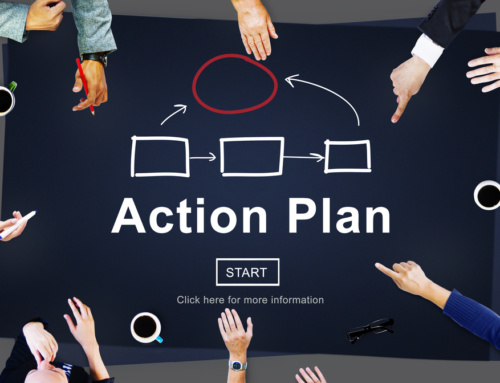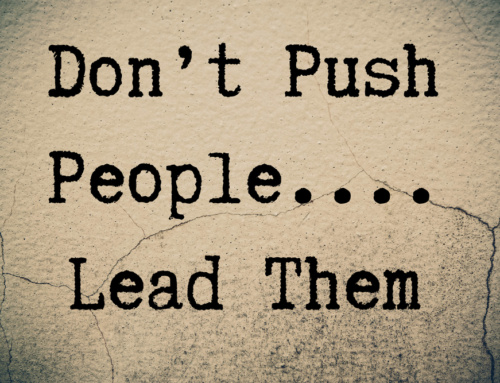I’ve worked for, with, and around extraordinary and mundane leaders.
Most are mundane.
There are worse things to be than mundane.
Mundane leaders are boring, but not immediately toxic.
Characteristics of Mundane Leaders:
They fail to recognize the power they have to create through others. They don’t see their potential to impact lives, careers, and the future of their businesses.
They transact—nicely, politely, and boringly.
They fail to see and seize the opportunity.
The outcome of too much mundane leadership ultimately shows up in a workforce unprepared and unable to innovate.
It’s a formula for obsolescence.
Behaviors of Extraordinary Leaders:
Alternatively, extraordinary leaders recognize the gravity of their role.
They understand that for a moment in time they have the power to create remarkable experiences for everyone around them.
They also understand that their work has the power to ripple through time in positive ways for individuals, groups, and organizations.
Instead of focusing on just performance, they emphasize potential.
We get to performance by rules and processes. Mundane leaders are masters of the performance domain.
We get to potential by freeing and focusing the creative potential of all of those around us.
What You Don’t Need to Be to Achieve Extraordinary:
It might sound complicated to be extraordinary, but it’s not.
You don’t have to have a large personality oozing charisma.
Decibel level and oxygen consumption have little to do with being or becoming extraordinary.
You don’t have to be extroverted to be extraordinary.
Don’t confuse extraordinary with title or level. You can be extraordinary at every level.
Big budgets and lavish spending or special perks aren’t part of the ingredient list for extraordinary.
The Ingredients for Extraordinary Leadership:
The formula for achieving extraordinary is simple. The ingredients are readily available to all of us.
- Give trust.
- Show that you care.
- Show what can be.
- Lead according to explicit values.
- Infuse accountability for extraordinary into the environment.
- Coach, build and strengthen the team.
- Step in where needed.
- Mostly, step back.
The hard work comes in living these every single day.
I’ve worked with firms where the primary business focus and core products might be described as mundane. (There’s that word again.)
Except, no one on the inside viewed the business or products as mundane.
Customers depended upon and valued them.
Suppliers treasured the relationship.
Employees viewed their work as a calling and their firm as a daytime home. It was a place they wanted to be.
The Bottom-Line for Now:
It’s easy to be mundane. It’s not that hard to be extraordinary.








Leave A Comment